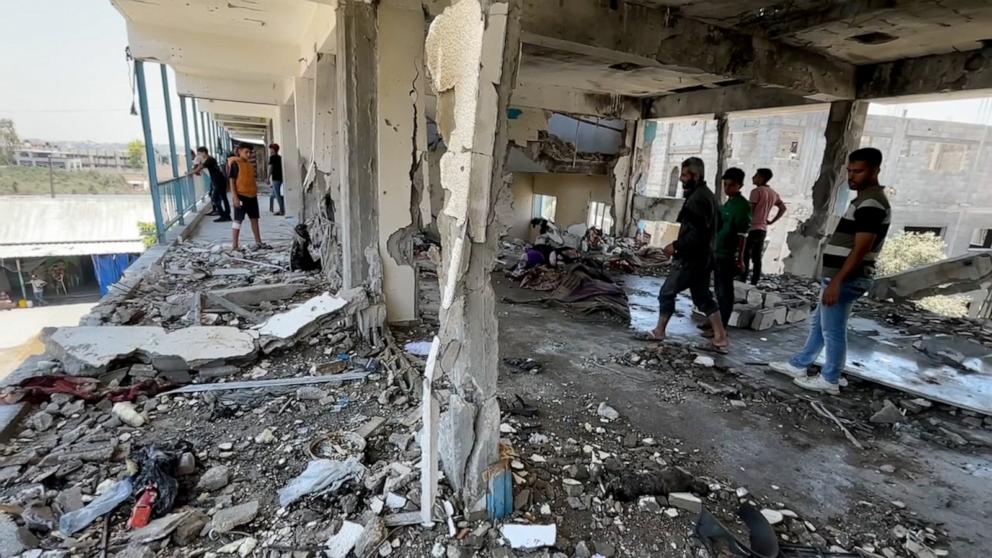Bulgarians are choosing a new parliament Sunday while also participating in European Union elections that have been overshadowed by domestic political instability and economic inequality
SOFIA, Bulgaria — Bulgarians are choosing a new parliament Sunday while also participating in European Union elections that have been overshadowed by domestic political instability and economic inequality as well as growing concern over the war in nearby Ukraine.
It was Bulgaria’s sixth parliamentary election in three years. There were worries that voter fatigue and wide disillusionment with politicians who do not fulfill promises to fight corruption and introduce reforms could result in a low turnout and another fragmented parliament.
Preliminary results are expected Monday in the voting for the 240 seats in the National Assembly and for 17 members in the European Parliament.
The front-runners in the National Assembly elections were seen as the GERB center-right party led by three-time Prime Minister Boyko Borissov and the reformist coalition We Continue the Change–Democratic Bulgaria.
After running neck and neck in last July’s election, the two rival groups sought to break the political stalemate by forming an uneasy governing coalition, but it survived only nine months.
In heated campaigning for the latest election, both parties leveled charges of corruption against the other, and analysts saw little chance of the two trying to work together again.
Another coalition government “now seems a remote prospect, given a series of scandals and major policy disagreements between the two blocs,” Mario Bikarski, senior Eastern and Central Europe analyst at the risk intelligence company Verisk Maplecroft, wrote in emailed comments.
“As things stand now, the most likely scenario is another snap parliamentary election in the autumn,” he added.
Bulgaria is the poorest European Union member, and it is at risk of losing billions of euros in EU recovery funds due to a lack of reforms. Full integration into the open-border Schengen area and accession to the eurozone are likely to be delayed further.
Bulgaria is also a member of NATO, but many people in the former communist nation share pro-Russia sentiments, and the Russian invasion of Ukraine has caused deeper divisions among Bulgarians while bolstering support for pro-Moscow parties.
There are indications that the ultra-nationalist Vazrazhdane party, which strongly opposes any actions against Russia, could gain more seats in the National Assembly and also for the first time win a place in the European Parliament.

